Understanding Dubai’s Real Estate Landscape
Dubai’s real estate market has progressively evolved into one of the most dynamic sectors in the world, attracting global attention from investors, developers, and buyers. Characterized by innovative architectural designs, luxurious properties, and a strong regulatory framework, the market functions as a vibrant ecosystem driven by demand and technological advancements. A notable aspect of this development is the real estate model Dubai, which not only highlights the visuals of outstanding projects but also paves the way for strategic urban planning and community-centric growth.
The Evolution of Real Estate Model Dubai
The real estate model in Dubai has undergone significant transformation since the early days of its development. Once predominantly focused on luxury villas and high-rise apartments, the model has broadened to accommodate mixed-use developments, smart cities, and sustainable neighborhoods. The transition can be attributed to various factors, including changing demographics, globalization, and technological progress.
Historically, Dubai’s real estate market was heavily influenced by expatriate populations who brought diverse architectural tastes, further enriching the landscape. Developers have gradually transitioned to integrating modern design concepts with practical functionality, catering to the needs of both residents and investors. Notable examples include the Dubai Marina, which combines residential, commercial, and leisure facilities into a cohesive waterfront experience.
Key Players Influencing the Market
Several key players have significantly impacted the real estate landscape in Dubai. Government authorities, private developers, and investment companies play crucial roles in shaping policies, regulations, and project development. The Dubai Land Department, for instance, implements strategies that promote transparency and efficiency within the market, ultimately boosting public confidence.
On the development side, companies like Emaar Properties and Nakheel have spearheaded landmark projects, including Burj Khalifa and the Palm Jumeirah. These firms not only drive innovation but also set benchmarks for quality and standards in construction and design. Emerging players and startups are now entering the market, often leveraging technology to create smart solutions for urban living.
Challenges Facing Real Estate Developers
Despite the promising landscape, developers in Dubai encounter numerous challenges. Market fluctuations, regulatory changes, and economic uncertainties can impact project viability and investment returns. Moreover, competition among developers is fierce, necessitating unique value propositions and innovative project execution.
Additionally, rising construction costs due to fluctuating material prices and labor availability pose significant hurdles. Developers are compelled to adopt cost-effective measures, including sustainable practices that minimize waste while maintaining project integrity. Addressing these challenges requires strategic interventions, collaboration with local authorities, and continuous market research.
Innovative Approaches in Real Estate Modeling
The emergence of innovative approaches in real estate modeling has transformed project development and urban planning in Dubai. Developers are increasingly leaning toward technology-driven solutions, sustainable practices, and community-centered designs to enhance livability and investment value.
Technology-Driven Developments
Technology has revolutionized the way real estate models in Dubai are conceived and executed. Innovations such as Building Information Modeling (BIM), virtual reality (VR), and augmented reality (AR) have enabled developers to visualize projects in greater detail before construction begins. These technologies facilitate real-time collaboration and problem-solving, minimizing errors and enhancing efficiency.
For instance, BIM allows for accurate material estimation and conflict detection, ensuring that projects remain within budget and timeline constraints. Additionally, integrating smart technologies—such as IoT-enabled devices—into properties enhances energy efficiency and provides residents with convenient living experiences. This technological shift aligns closely with Dubai’s vision of becoming a smart city, further positioning it as a global leader in urban development.
Eco-Friendly Real Estate Models
As environmental concerns continue to rise, eco-friendly real estate models have gained substantial traction in Dubai. Developers are adopting sustainable building practices that align with the UAE’s broader initiatives for reducing carbon footprints and promoting green living. Projects are increasingly designed with energy-efficient materials, renewable energy sources, and sustainable landscaping.
For example, the Sustainable City in Dubai embodies these principles, showcasing fully integrated eco-friendly practices that enhance resident well-being while conserving resources. Additionally, government policies incentivizing green buildings through financial benefits further encourage sustainable development.
Community-Oriented Designs
The concept of community-oriented designs has become central to Dubai’s real estate modeling. Developers are focusing on creating vibrant, accessible spaces that foster interaction among residents while providing essential amenities, such as parks, schools, and healthcare facilities. The emphasis has shifted from merely constructing buildings to developing holistic environments where residents can thrive.
Projects like Dubai Hills Estate exemplify this approach, as they integrate residential spaces with retail, recreational facilities, and educational institutions, creating a diverse and engaging community. This fostering of community is crucial in enhancing resident satisfaction and promoting long-term investment value.
The Economic Impact of Real Estate Models in Dubai
Real estate modeling in Dubai plays a fundamental role in shaping the economy. Each project contributes to investment opportunities, job creation, and overall economic growth. As a city known for ambitious architectural feats and diverse cultural attractions, Dubai has positioned itself as an international business hub.
Investment Opportunities and Growth
The influx of foreign investment into Dubai’s real estate market has been consistent over the years. Various investment opportunities, from luxury villas to commercial enterprises, cater to a global clientele. This trend creates a competitive environment that stimulates quality developments and engenders trust among investors.
Additionally, investment in real estate has a multiplier effect, benefiting ancillary sectors such as construction, retail, hospitality, and healthcare. By attracting international investments, Dubai enhances its reputation on the global stage, making it a prime destination for real estate investment.
Job Creation through Real Estate Development
Real estate development is a significant driver of employment in Dubai. The construction phase of developments generates thousands of jobs across a range of skill sets, from laborers to highly specialized professionals. The growth of the real estate sector also fosters job creation in adjacent industries, including property management, real estate brokerage, legal services, and architecture.
Furthermore, as projects reach completion, roles in hospitality, maintenance, and community management become essential, contributing to the overall growth of the job market in Dubai.
Effect on Local Economy
The real estate sector remains one of the pivotal pillars of Dubai’s economy. It directly influences GDP growth while providing essential services, enhancing quality of life, and creating robust infrastructure. The Dubai government recognizes the importance of real estate as a revenue generator, implementing policies that facilitate growth and attract foreign capital.
By fostering partnerships between the public and private sectors, the government can streamline processes, ensuring that developments adhere to high standards while remaining viable. These collaborations ultimately invigorate the local economy, establishing a steady trajectory for growth and sustainability.
Best Practices in Creating Effective Real Estate Models
To build successful real estate models, developers must leverage best practices that encompass various facets, including design, research, and stakeholder engagement. By adhering to these principles, they can deliver projects that align with market demands while ensuring longevity and sustainability.
Utilizing Advanced Software and Tools
The integration of advanced software and tools into real estate modeling is essential for delivering efficient projects. Developers should adopt software solutions that enhance visualization, streamline collaboration, and optimize resources. Tools such as AutoCAD, Revit, and SketchUp elevate the design process, allowing for accurate and collaborative planning.
Moreover, incorporating project management tools can aid in tracking progress, managing budgets, and facilitating communication across teams. By prioritizing the use of technology, developers can mitigate risks and enhance project outcomes.
Surveys and Market Research
Conducting comprehensive surveys and market research forms the bedrock of successful real estate modeling. Understanding buyer preferences, demographics, and regional trends enables developers to tailor projects that meet user needs. Engaging potential customers early in the development phase can also yield invaluable insights and mitigate potential challenges.
Market research should encompass both qualitative and quantitative analysis, focusing on factors such as property pricing, competition, and consumer behavior. This data-driven approach empowers developers to make informed decisions throughout the project lifecycle.
Engagement with Stakeholders
Engaging with stakeholders—including community members, local authorities, and investors—is critical for achieving successful project outcomes. Developers should foster open communication channels, facilitating dialogue around project goals, concerns, and expectations. This collaborative approach enhances transparency, builds trust, and ensures alignment with community priorities.
Regular feedback loops can also assist in fine-tuning project elements, ensuring that developments are responsive to community needs while maintaining broader investment viability. Ultimately, stakeholder engagement cultivates a sense of ownership over developments, enhancing long-term satisfaction and community cohesion.
Future Trends in Dubai’s Real Estate Sector
Looking ahead, Dubai’s real estate sector is poised for continued evolution, driven by emerging trends that reflect shifting consumer preferences and technological innovations. Developers must remain adaptable, anticipating market changes while leveraging new opportunities for growth.
Predicted Market Shifts and Strategies
As global economic conditions fluctuate, market shifts are likely to occur. Developers should focus on creating versatile properties that may serve multiple purposes, such as integrating residential, commercial, and leisure spaces within single developments. This adaptability can help mitigate risks associated with economic downturns by diversifying revenue sources.
Furthermore, increasing demand for affordable housing may lead developers to focus on cost-effective solutions that maintain quality while being economically accessible. Aligning strategies to address these evolving trends is crucial for sustaining momentum within the Dubai marketplace.
Emerging Technologies
Emerging technologies such as artificial intelligence (AI), blockchain, and smart city innovations are expected to reshape Dubai’s real estate landscape. AI can enhance predictive analytics for market forecasting and project estimation, while blockchain technology can streamline transactions, providing transparency and security for buyers and sellers.
The integration of smart technologies in residential developments will create intelligent environments that enhance the living experience. These advancements not only improve operational efficiency but also contribute to sustainable urban living.
Expansion and Sustainability in Real Estate
As Dubai continues to expand, sustainability will remain a key focal point in its real estate model. Developers are expected to prioritize eco-conscious practices that reduce environmental impact while promoting social responsibility. The demand for green developments will likely surge as consumers become increasingly aware of climate change and its implications.
Projects that incorporate technological innovations aimed at sustainability, such as waste management systems and water conservation techniques, are expected to gain traction. As a result, developers who emphasize environmentally-friendly practices will not only attract environmentally-conscious consumers but will also align their strategies with the broader goals of Dubai’s vision for a sustainable urban future.


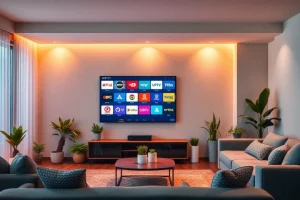
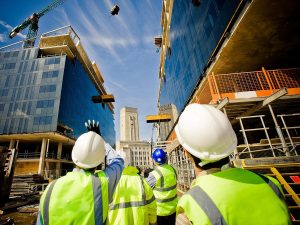





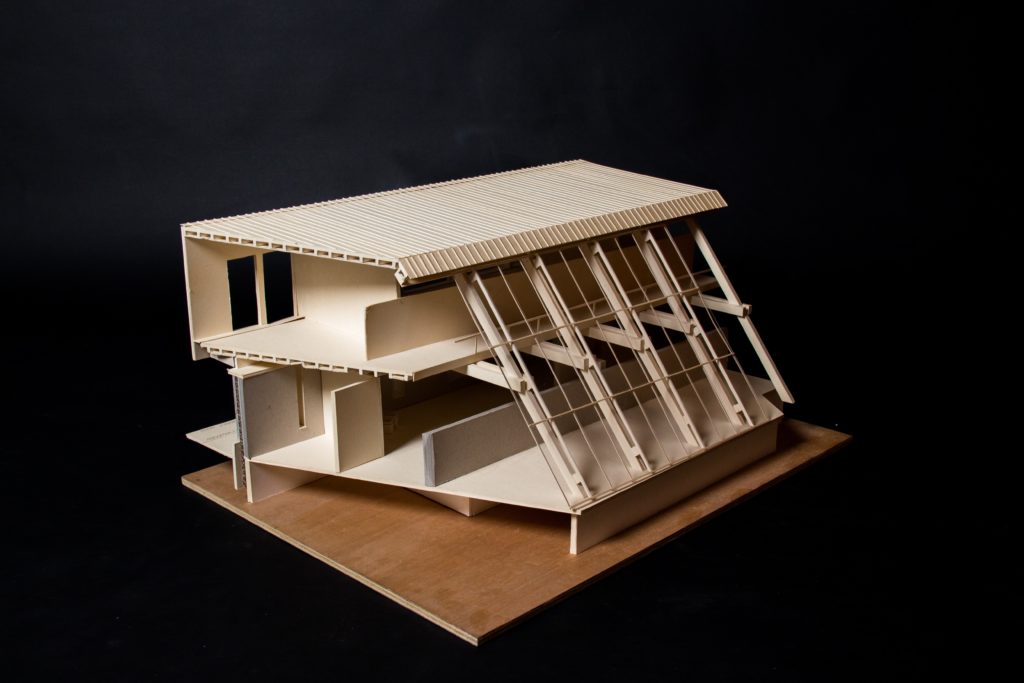


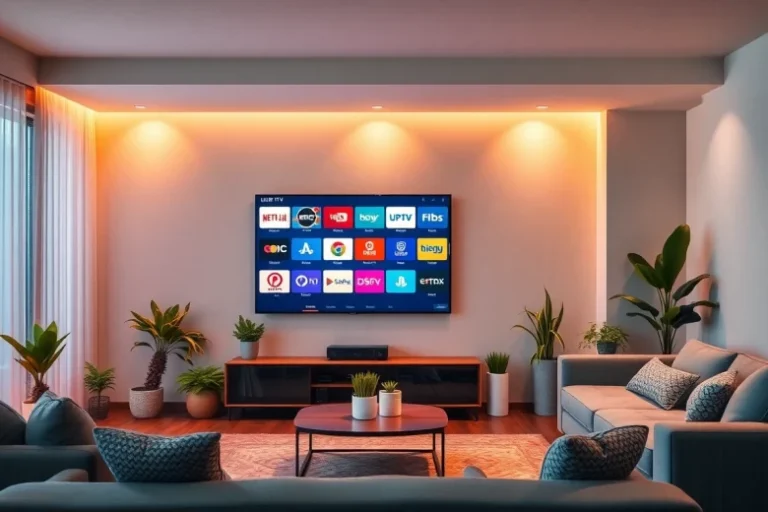

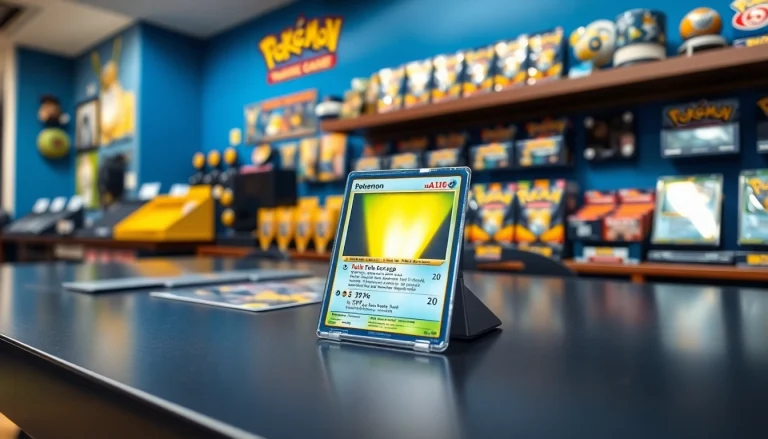



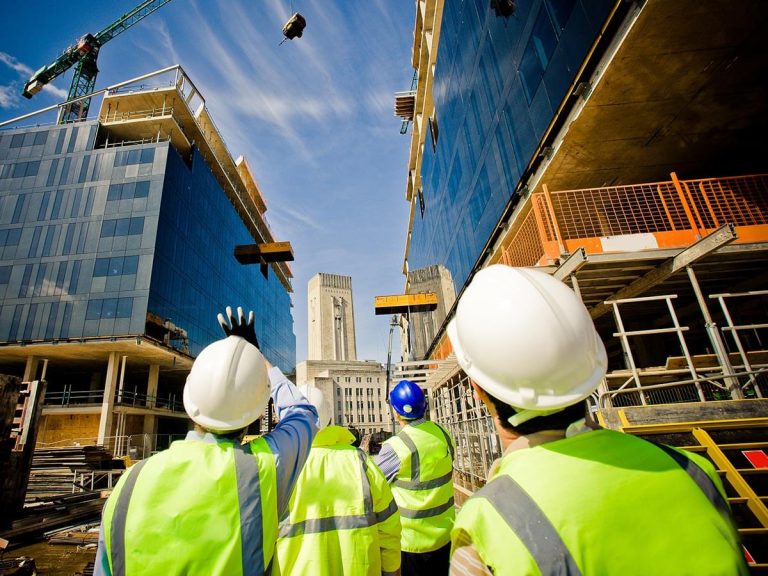


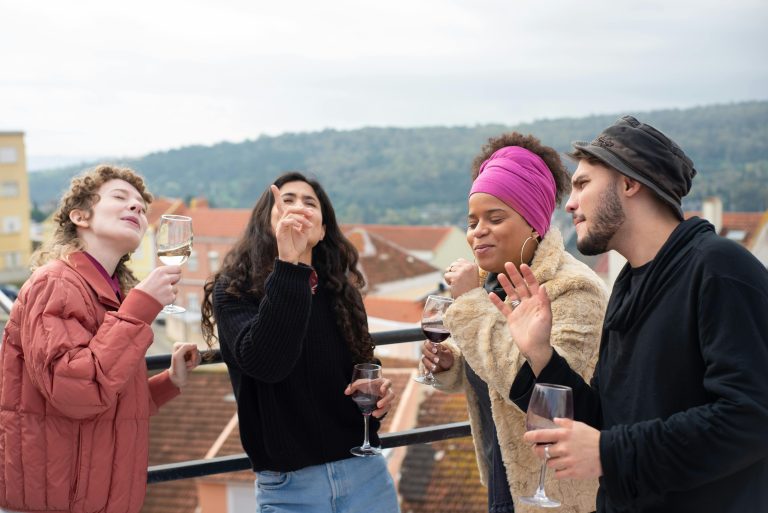
+ There are no comments
Add yours